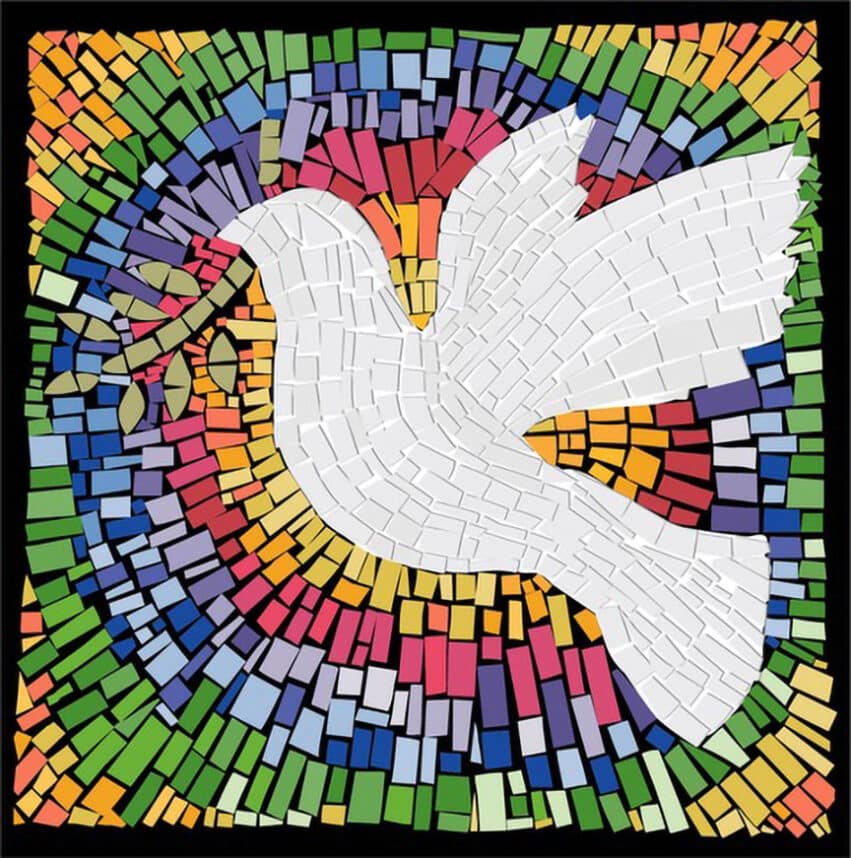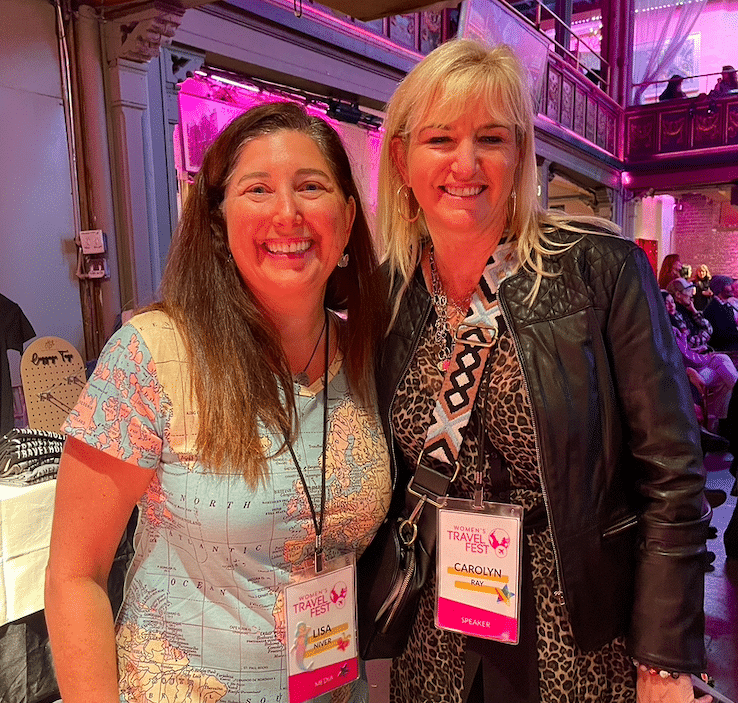 Samuel Isaac Farkas
Samuel Isaac Farkas
“Words are the language of the mind, but music is the language of the soul. And when the soul sings, the spirit soars.”
– Rabbi Jonathan Sacks
Some things in life fall under the category of “too beautiful.” A poem, a song, a relationship — it doesn’t just touch your soul, it sears through it, changing you in the process.
I’ve listened to the song “Love Don’t Fade Away” by Darren Glick hundreds of times. But each time I listen it tears through me in a way I’ve never experienced before.
I’ve listened to the song “Love Don’t Fade Away” by Darren Glick hundreds of times. But each time I listen it tears through me in a way I’ve never experienced before. Written by Glick in 2019, the song captures both the life and death of Samuel Isaac Farkas, who tragically slipped off a balcony to his death a day before his 16th birthday. Glick and Michael, Samuel’s father, have been close friends since childhood. But Glick’s inspiration came from Sammy’s beautiful soul: wise, empathetic, kind. A young man truly touched by G-d.
During shiva, students and teachers from the Hebrew Academy of Miami Beach, where he had been a sophomore, told story after story of Sammy’s remarkable ability to connect — and understand. “One young student,” Glick said, “was entering his first day of the middle school. Sammy found him in the bathroom crying. When asked why he was crying and if he could help, the young kid said, ‘it’s my first day and I don’t know anyone.’ And he was scared and lonely. Sammy, as was his specialty, gave him a big smile and said, ‘Well, you’re my friend and now all my friends are your friends.’ They became and remained best friends from that moment on.”
Another time Sammy told a friend: “I can tell something is bothering you.” When the friend said he was struggling with his relationship with his father, Sammy told him: “You have to respect your parents. And once you show the respect, you’ll see the relationship change.”
“And the stories just continued,” Glick told me, “as if we were being shown this beautiful secret life of a hidden Tzaddik. I witnessed this incredible outpouring of love and giving from Sammy’s friends and acquaintances, and from rabbis, guidance counsellors, and teachers as well as from parents. I witnessed a community that recognized a need to cradle this family in a time of sheer grief and paralysis and make sure their needs were looked after as one of their own. Not just for the seven days of shiva … but for weeks and in certain situations, months.”
The idea of writing a song for Sammy came during shiva. “The melody came first,” Glick said. “The feeling was overwhelming. A tune had already formed inside my heart. But I was at a loss for words and a loss for a Hebrew prayer that would reflect these multiple overwhelming feelings of emotion that were rippling through me.”
On the first Shabbat during shiva, Glick walked with Sammy’s father to shul in the morning. “I remember being so torn inside every time I heard Sammy’s father say Kaddish. And with tears rolling down my face, I wholeheartedly asked HaShem to help me find the right words, and the right prayer, for Sammy. I turned the page in my Siddur and there was—the Shochen Ad prayer.”
In that prayer there is a name that is encoded vertically: Yitzchak — Sammy’s Hebrew name. A rabbi later showed Glick that there was another name encoded in the prayer vertically: Rivkah — Sammy’s mother’s name. And then the rabbi explained to Glick the literal interpretation of the prayer as well as its deeper secrets.
While in its literal sense, the Shochen Ad prayer is about the exalting and praising of G-d, it has a far deeper symbolic meaning. The commentary in the Artscroll Siddur states that “the primary Praise of God comes from the deeds of the Righteous. The ‘key’ however is not in their rhetoric but in the ‘song’ of their good deeds.”
“You can do a mitzvah without any emotion and still receive your credit,” Glick explained. “But the holiest way is by doing that mitzvah in joyous song, with your soul, your very essence. Sammy epitomized this understanding of holiness. I knew I had found the lyrics.”
“Sammy didn’t ask, he just did,” Glick said. “He put himself out there for anyone and everyone. With a smile, words, prayer—in any way he could. He lived it.”
“Wrote it down so I would remember
Took a picture in my mind
Oh that smile, I’ll never forget you
My memory is stuck in rewind.”
For the first yarzheit of Sammy’s passing, January 2020, Glick wanted the students at the Hebrew Academy to sing the song for Sammy’s family — Koolulam-style. “Since it was the students that inspired me to write it,” says Glick, “this was their song as well, not just mine.”
The principal was fully supportive of the idea and gave Glick a 45-minute window during finals week to teach the entire student body the song. The following day the school performed it, helping to create the song’s official video.
Sammy’s friends and fellow students, on their own, began several personal and communal campaigns in his honor. To be “Sammy Strong” and “Do it like Sammy” by adding mitzvot to their daily lives as well as organizing and distributing Shabbat candles on the streets of Miami Beach. “Because that’s exactly what Sammy would’ve liked his friends and classmates to do. To unite to help and elevate others and thus yourselves. Sammy’s passion combined with his enormous compassion allowed him to truly personify the mitzvah of ‘Love Thy Neighbor Like Yourself.’”
“Snapshot of the moment
I caught you looking at me while I was staring at you
Regrets and Atonement
I believed every word you said was True”
The dove mosaic in the video was created by Sammy and a couple of his fellow students in his art class, a few weeks before he passed.
“I wrote the song thinking this may help, in some way, to heal this awful wound, and in fact it has helped me in the years that followed,” says Glick. “Almost every morning I would start my day by listening to the song, and it would motivate me to put on my Tefillin right away and it would reverberate inside me throughout the day, to the point that I was going to minyan three times a day. In Sammy’s honor.”
“Just as a Tzaddik is said to be living even after his death by his deeds and his teachings being passed on. So too Sammy’s legacy will live on by all those he gave a helping hand to. Or listened with compassion to their problems and gave advice to. And all those he helped stay on the derech — the path.”
“You said Love don’t fade away,
If you reach out you’ll feel me
Sing out, you’ll hear me
I close my eyes, I’ll see you again”
“The universe is always filled with music,” says Glick. “You have to be open to it to receive it.”
Sammy’s song has indeed been well received. It became the #1 song on Al Gordon’s Show on WJPR 1640 for several weeks, and received quite a bit of airplay on Nachum Segal’s Jewish Radio Station.
Glick also performed it when he opened for Matisyahu at the Chabad Loft Annual Gala in 2019 in New York City. “A few months after the memorial video was uploaded to Facebook, I received a message from Eric Weinstock. I was Facebook friends with him but had not spoken to or seen him in 45 years … Eric explained that he thought ‘Love Don’t Fade Away’ would be perfect for a film he had written and was about to begin filming. I was honored and explained that I would first like to get Sammy’s father’s approval as I consider it Sammy’s song.”
“I always knew that this song had a journey of its own, and I was only a passenger,” says Glick. “It was truly divinely inspired.”
The short film that Weinstein created, also titled “Love Don’t Fade Away,” is a story of love and loss and the search for life’s meaning. A man struggles to find peace of mind amidst the crushing pressures of financial insecurity and self-doubt. Feeling he is letting down himself and his wife, the man’s pursuit of life’s true meaning takes an unexpected turn; his serendipitous “discovery” challenges him to contemplate what matters most in this life.
“I’m prepared to talk to the Angels
Make them grant me time with the One above
On my way up I’ll wear me a white robe
And ask Him one thing what is Love?”
Glick performed the song at the premiere of the “Love Don’t Fade Away” film in Boston in April. Says Glick: “True love never fades away, even after death.” Because of this song, this angelic young man who I never met has inspired me to be a better person. Such is the power of music, stronger than any other art form. The song was divinely inspired to not just touch every soul — but to change every soul that listens. And, of course, to appreciate each day with our loved ones and to take nothing for granted. “Some people come into our lives, leave footprints on our hearts, and we are never the same,” wrote poet Flavia Weedn. As do some songs.
“You said Love don’t fade away,
If you reach out you’ll feel me
Sing out, you’ll hear me
I close my eyes I’ll see you again.”
Karen Lehrman Bloch is editor in chief of White Rose Magazine.
Lyrics © 2020 Darren Glick.





















 More news and opinions than at a Shabbat dinner, right in your inbox.
More news and opinions than at a Shabbat dinner, right in your inbox.